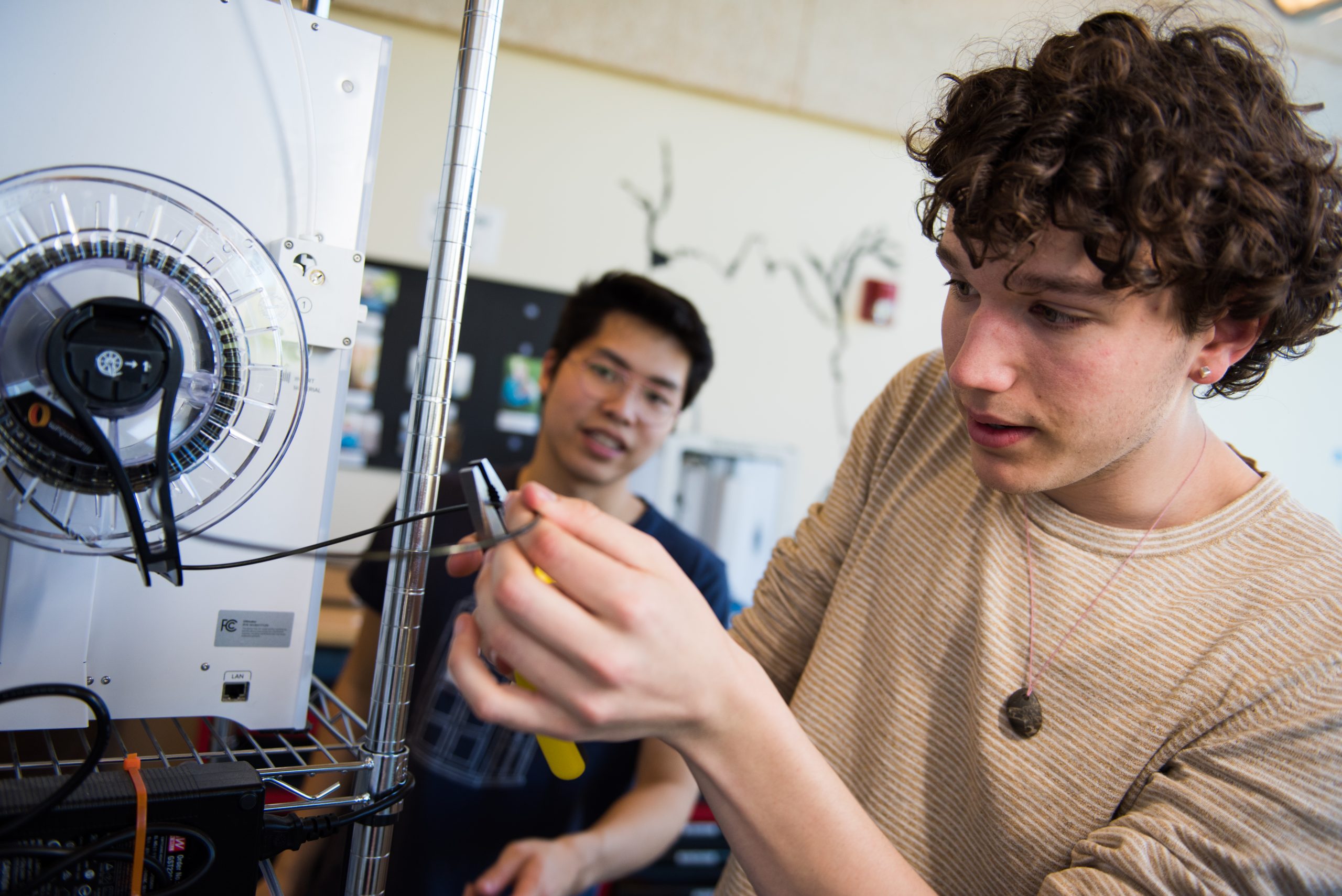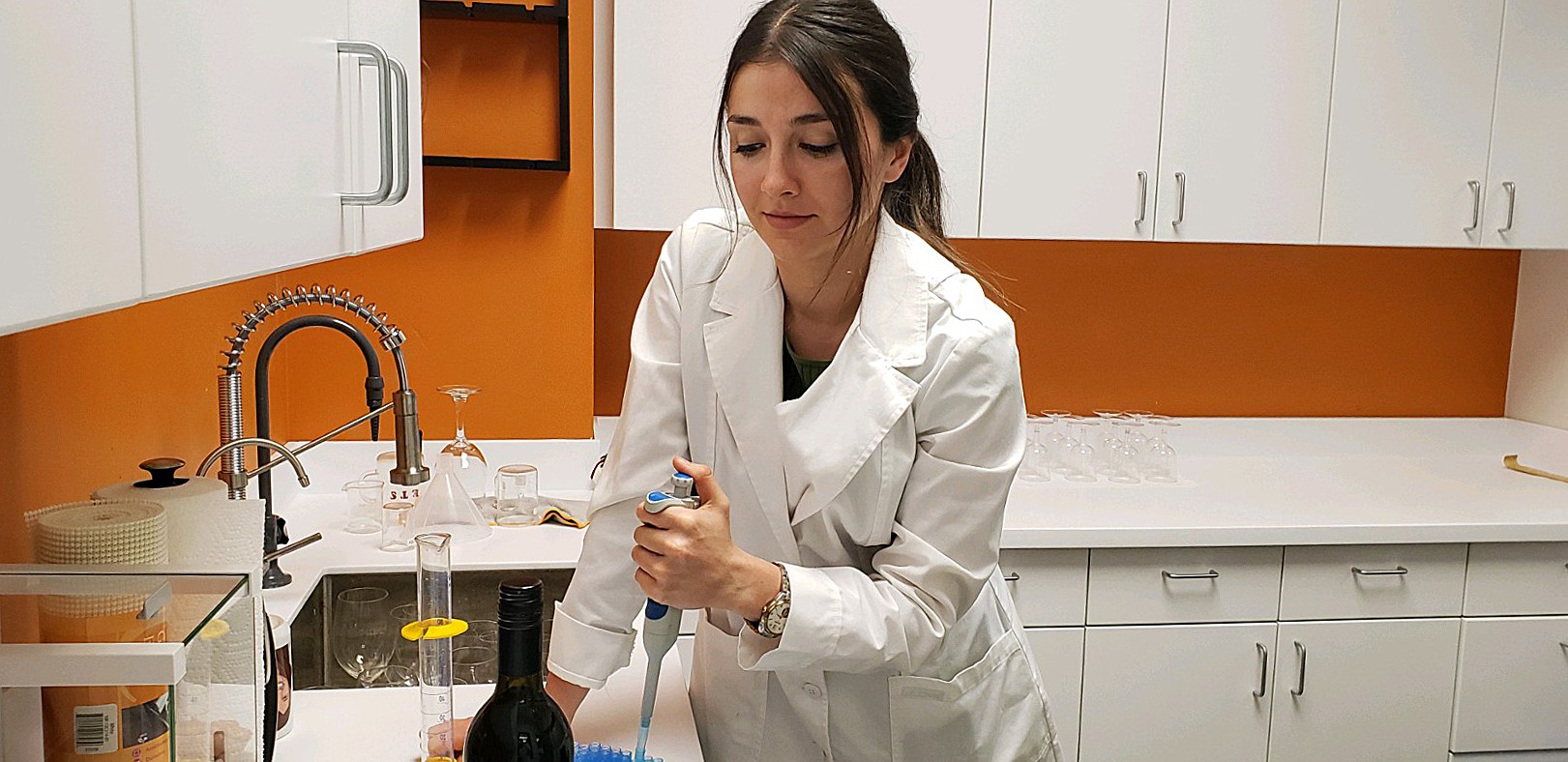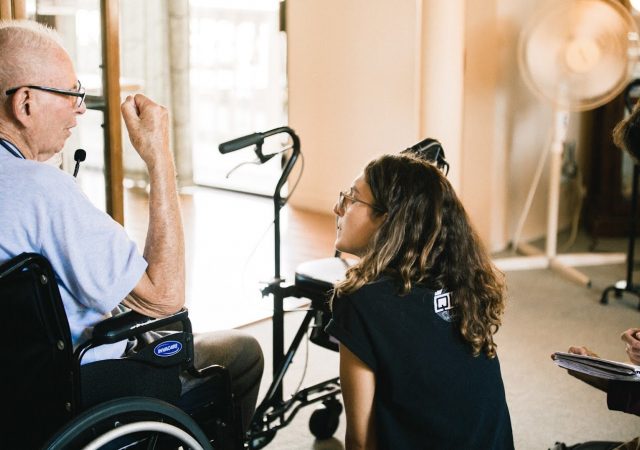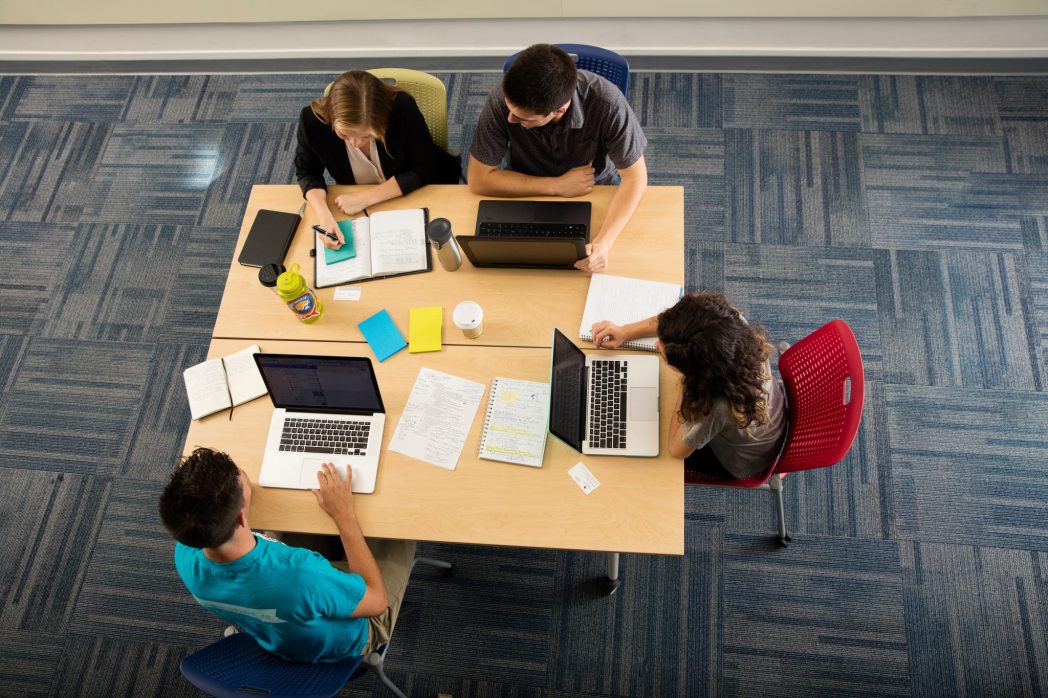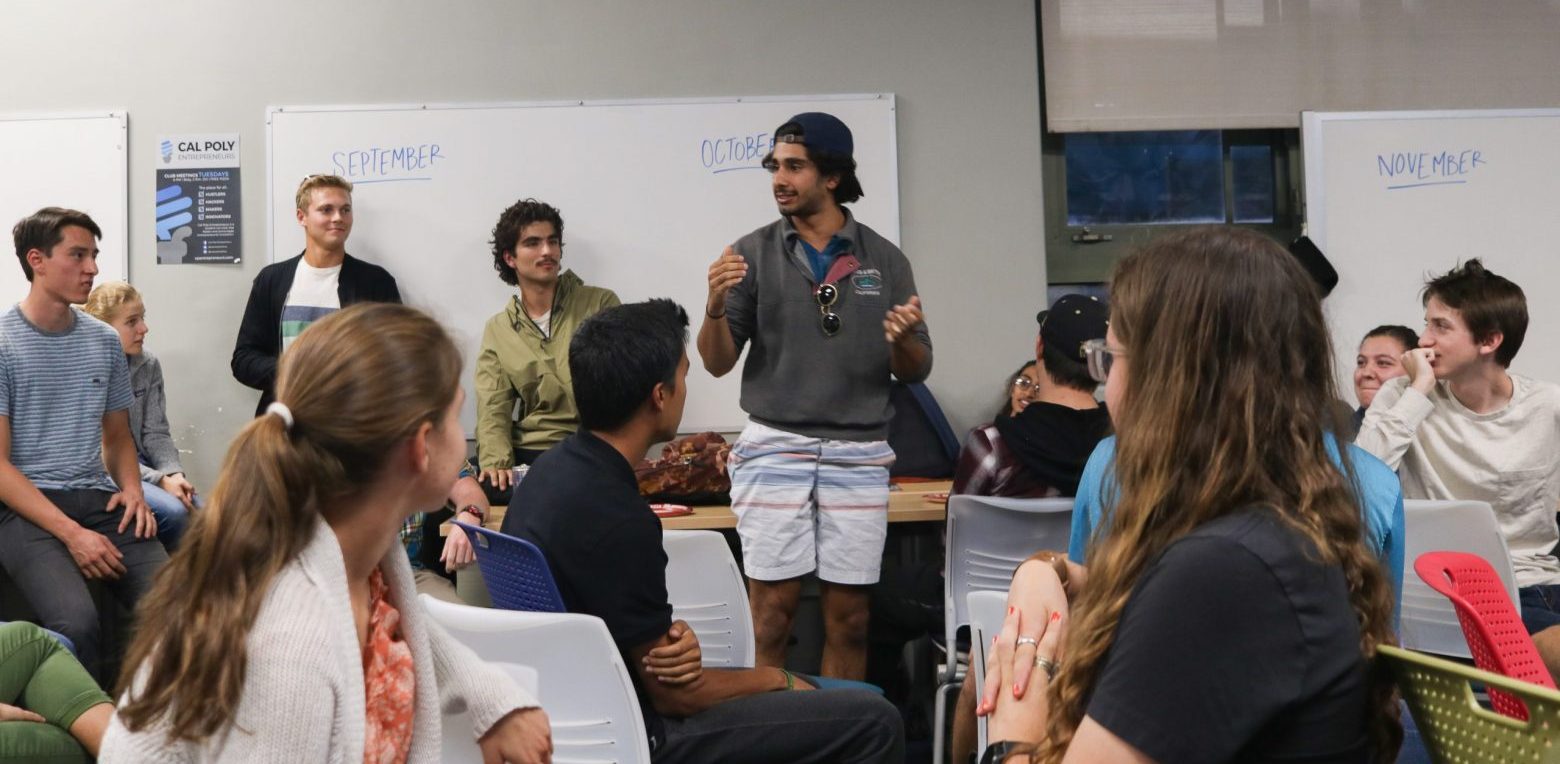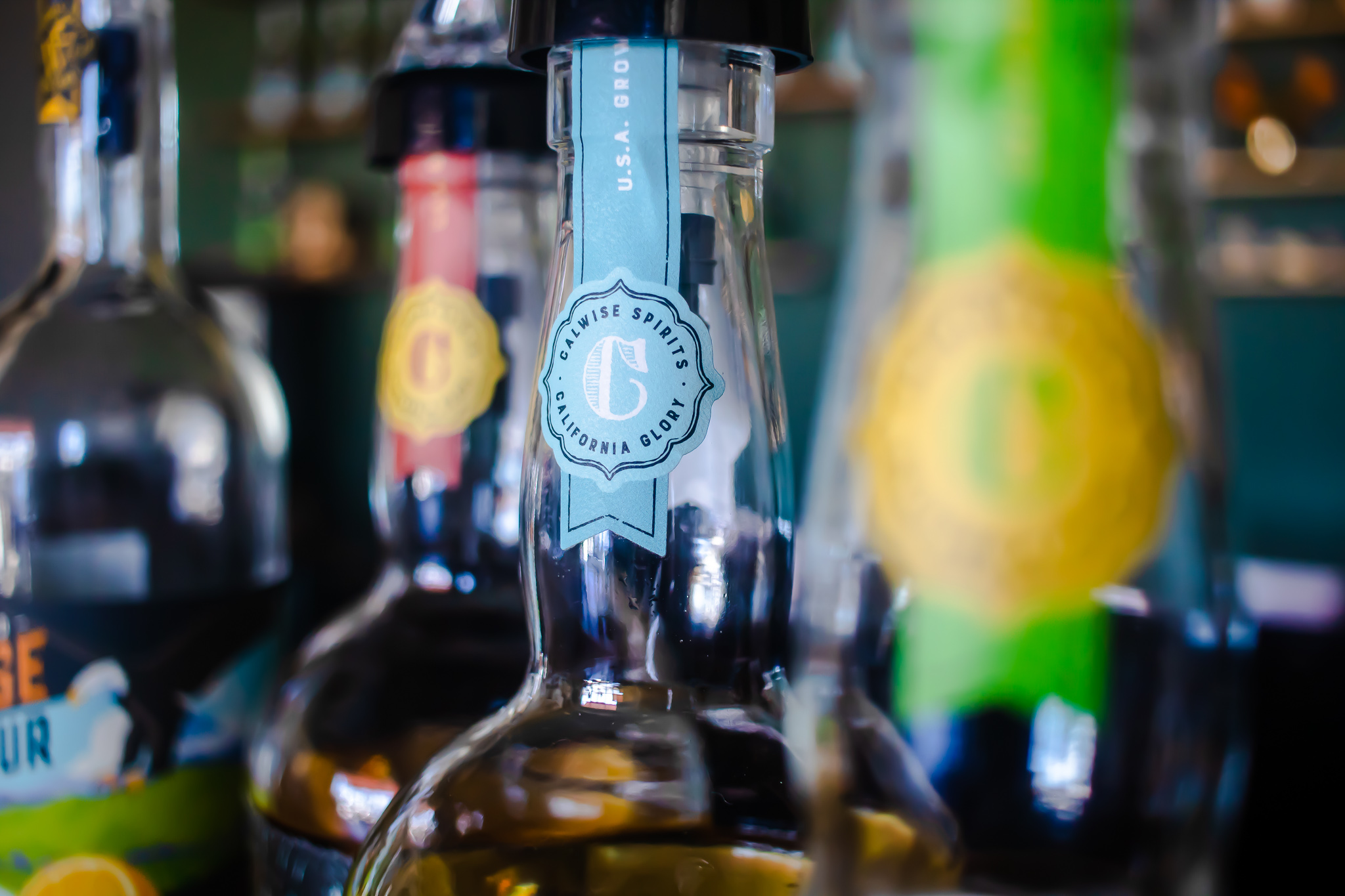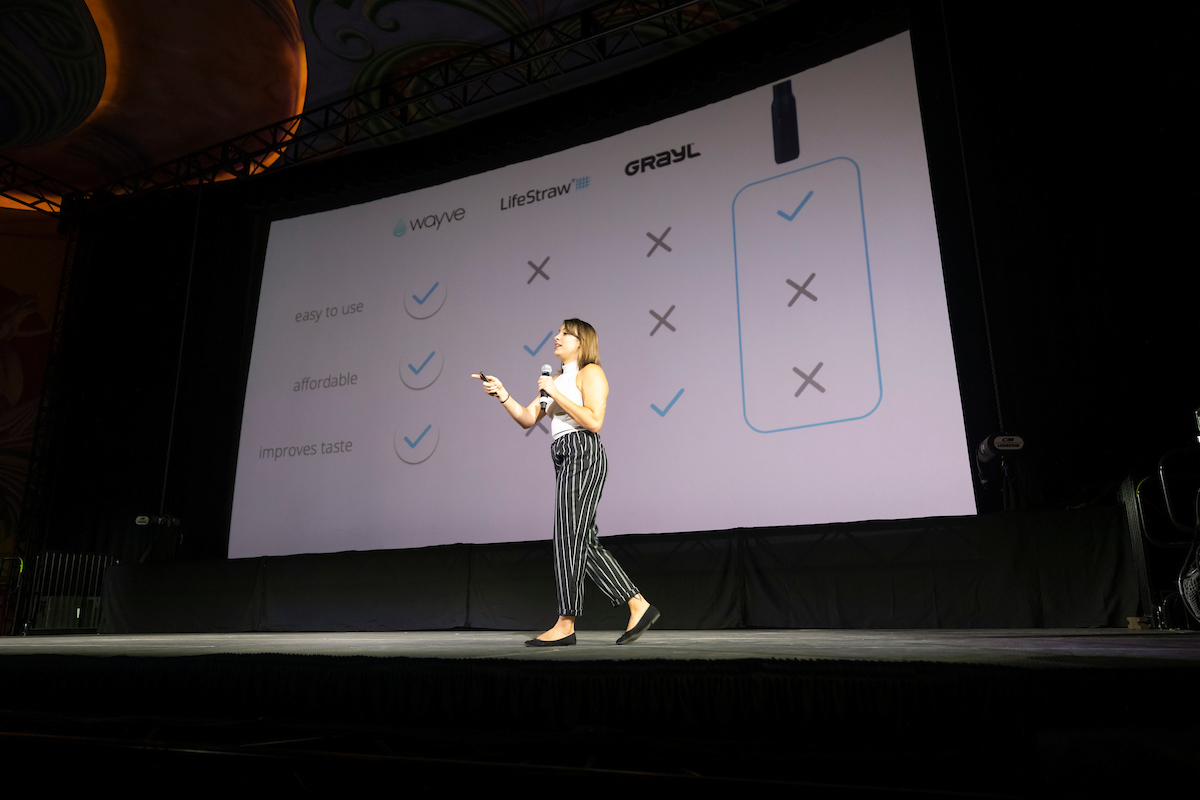Hatchery Spotlight: PolyVolunteers
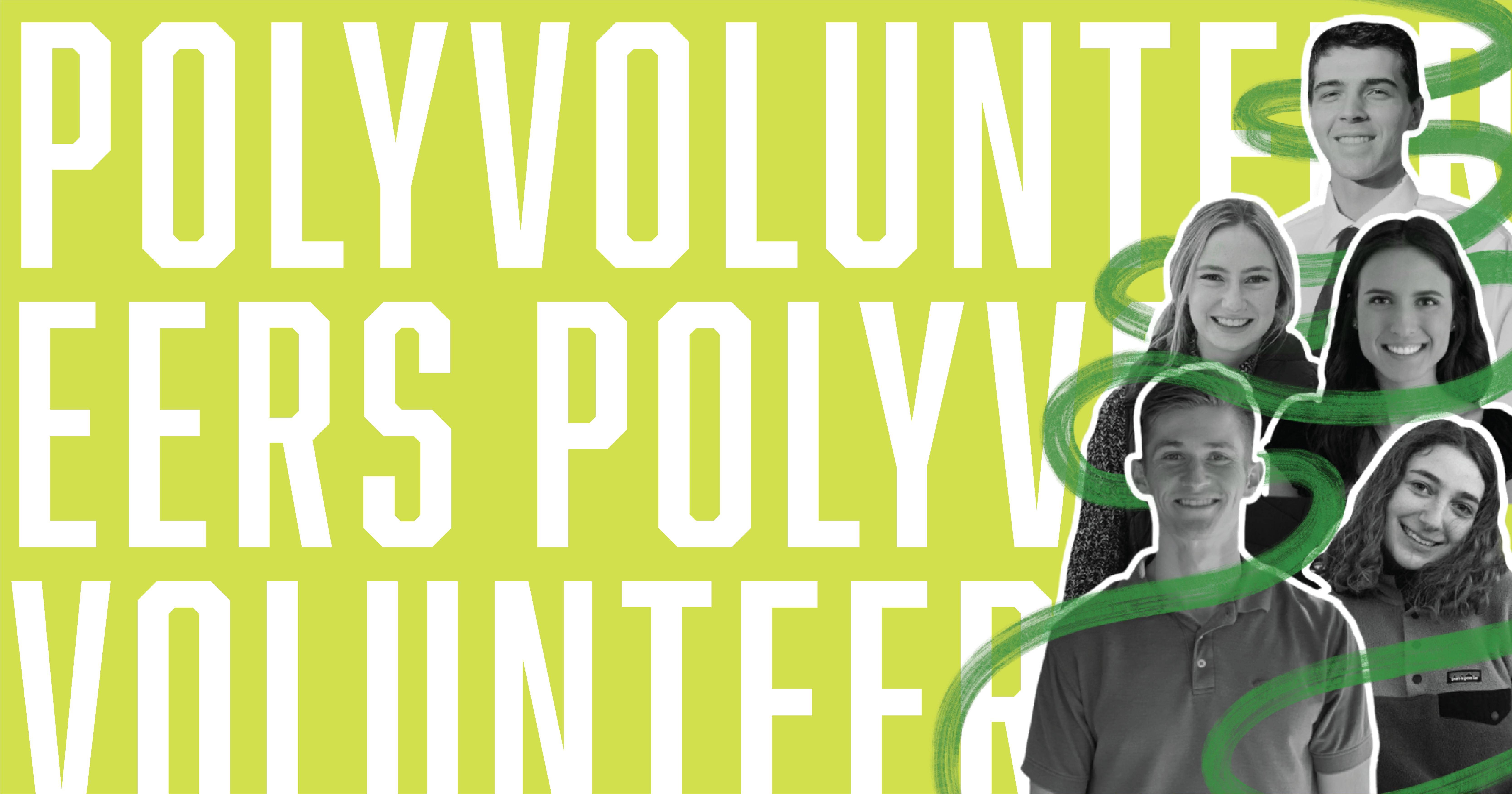
The COVID-19 pandemic resulted in an economic downturn that has caused a rapid increase in unemployment and homelessness throughout the United States. But in the midst of these challenges, student entrepreneurs have found inspiration.
Communications studies seniors Maureen Turnbaugh and Marissa Soza saw the obstacles posed by the pandemic as opportunities to encourage togetherness and instill a sense of community in San Luis Obispo. Along with classmates Connor Haitfield (Liberal Arts and Engineering Studies), Alejandro Quintero (Interdisciplinary Studies in the Liberal Arts) and Kenzie Rutherford (Liberal Arts and Engineering Studies), they founded PolyVolunteers, a startup company with a mission to make finding volunteering opportunities easier than ever.
The PolyVolunteers team is utilizing the Center for Innovation and Entrepreneurship (CIE) Hatchery program to create an app that will connect users with local organizations seeking volunteers and resources.
“We want to be that middle party that can connect people in the community with volunteer groups that they’re actually interested in,” Soza said. “Kind of like a matchmaking app.”
PolyVolunteers originated as a class project for the business and communication hybrid course BUS 458: Solving Big World Challenges. Each quarter, the class presents students with a social or environmental challenge specific to a local community — like the impact of COVID-19 on the San Luis Obispo community.
“From that course, we were able to identify that the homeless population is heavily hit by the pandemic,” Turnbaugh said. “We focused on how we could help and whether our solutions help the greater good. We needed to fine tune our ideas into a very specific position within the community and that’s when we really zoned in on volunteer work.”
BUS 458 professors Lynn Metcalf and David Asky suggested that PolyVolunteers take their idea to the CIE and connected Turnbaugh and Soza with CIE Director of Student Innovation Programs José Huitron.
“We met with José and clicked with him and he told us everything that the Hatchery was about,” Soza said. “We just fell in love with it, so we decided to give it a go and so far it’s been very beneficial.”
The CIE Hatchery program provides student entrepreneurs with the tools they need to help their startups thrive. The on-campus program has connected PolyVolunteers with mentors to help them navigate the intricacies of entrepreneurship, as well as introduced the team to computer science and software engineering students who can help design the app.
“You know, being a student and not really knowing how to create a business from the ground up, it’s really helpful to have people who are trained to coach you through it all,” Turnbaugh said.
Hatchery resources have proved extremely valuable in creating PolyVolunteers.
Four of the five students involved in PolyVolunteers come from liberal arts backgrounds who, prior to their involvement in the Hatchery, had minimal experience with the startup scene.
“All of our team, besides our newest member, are liberal arts students, so we had no idea what goes into creating a business — or creating an app for that matter,” Soza said. “Being in the Hatchery has been very interesting and I think we have all found a new passion that we never thought we would even be interested in.”
PolyVolunteers is still in its early stages. According to Turnbaugh and Soza, their team is focusing on customer development, reaching out to the local community to ask what they would like to see in an app like PolyVolunteers. They’ll soon begin prototyping and hope to participate in Innovation Quest, a prototyping competition hosted by the CIE in the spring.
Turnbaugh and Soza envision a bright future for PolyVolunteers and hope to one day see their app used nationwide.
“We’re starting with Cal Poly and SLO because that’s what we know and what we’re close to,” Soza explained. “Big picture, we want to be able to take [PolyVolunteers] to other universities across the United States and across the world.”
As Turnbaugh explained, the fundamental goals for PolyVolunteers remain faithful to the startup’s core values: helping others and making an impact.
“Our overall hope is that this is a product that’s useful and bridges the gap between volunteer organizations and the students that want to give back.”
To keep up with PolyVolunteers and other CIE startups, follow us on social media. Instagram | Facebook | LinkedIn | Twitter
